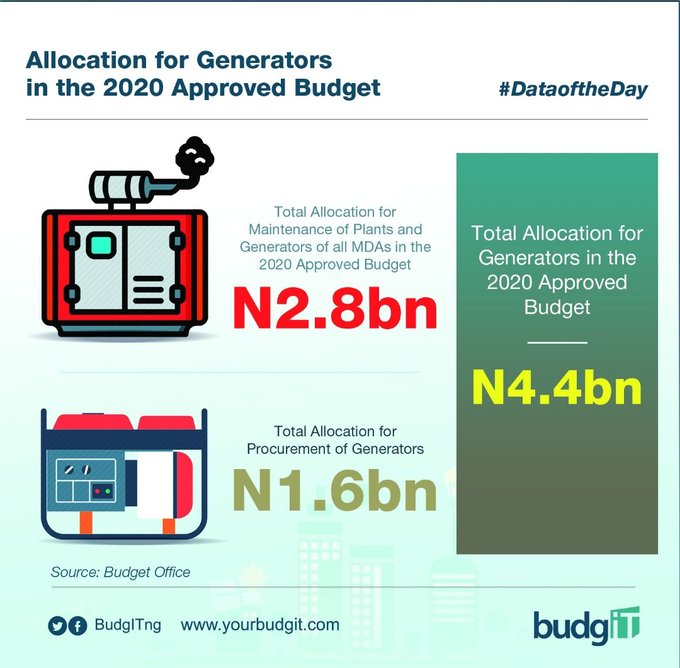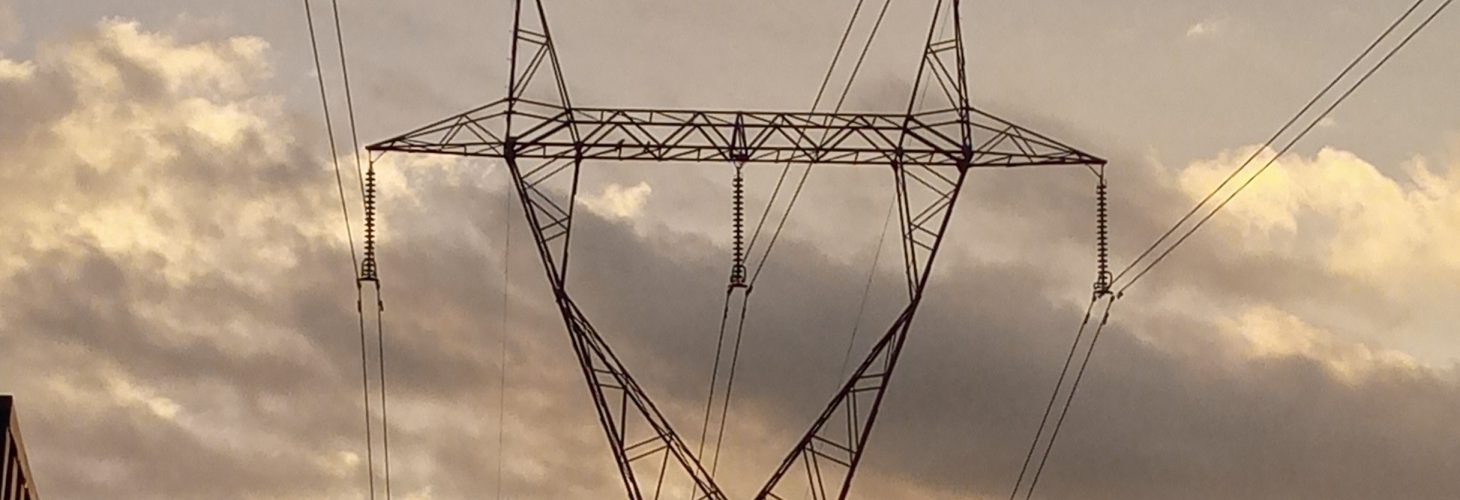A Nigerian Senator recently introduced a bill seeking to ban the importation and sale of electric generators in the country. Though with exceptions for “essential services”, this bill titled ‘A bill for an act to prohibit the importation or use of generating sets to curb the menace of environmental (air) pollution and to facilitate the development of power sector’ has scaled first reading.
Senator Enagi Bima (APC, Niger) through this bill, represents a common, age-long mentality that in order to solve Nigeria’s lingering power supply problem, the government should ban the importation of generators so that in no time, there would be stable power supply, as we would be left with no other choice than to improve the power sector. The carriers of this theory believe that those responsible for providing electricity in Nigeria are also involved in large scale generator importation and that there is no way they would kill their own businesses by making grid electricity supply stable.
For me, this theory is untrue and baseless. The electricity supply value chain, as it is currently structured, is largely a business with the objective of making profits, and is not simply “controlled” as some may think. Unfortunately, though, the policy and business environment are unfavourable for the success of power companies, and this should rather be the focus of any serious legislator.
In the absence of conventional grid supply, Nigerians have a right to provide electricity for themselves, by whatever means because life must continue. That this bill proposes a prison term not less than 10 years upon conviction for anyone guilty of importing or selling generating sets clearly means that the economic sustainability and livelihood of Nigerians is not its priority.

One of the objectives of the National Energy Policy (2013 draft) is “to make reliable electricity available to 75% of the population by the year 2020.” Unfortunately, power supply in Nigeria has remained poor over the years, with almost 70% of people in rural communities lacking access and only about 55% of urban dwellers having access. Many businesses and households have no other choice than to switch to private electricity generation as the public supply is largely unreliable.
The National power grid consists mainly of the Generation Companies (GenCos), the Transmission Company, and the Distribution Companies (DisCos). But Nigeria maintains a major stake in the Transmission Company after the privatisation of the GenCos and DisCos in September 2013.
It has been 15 years since the emergence of the Electric Power Sector Reform Act (EPSRA) that unbundled the former National Electric Power Authority (NEPA) and paved the way to the power sector privatisation, so the question we should ask is why power supply in Nigeria hasn’t improved significantly.
By 2019, Nigeria had installed a generation capacity of 12,522MW, made up of 10,142MW of thermal power plants and 2,380MW of Hydropower plants. However, only about 4,000MW of this capacity is generated on most days, and transmission losses are as high as 28%. The DisCos, on the other hand, are faced with problems ranging from pricing to energy theft.
With the underperformance of the GenCos and DisCos, there have been calls to review the privatisation of the power sector, and some have called for the revocation of the companies’ licenses, but the National Electricity Regulatory Commission (NERC) has however cautioned against the reversal of the power sector privatisation.
For Nigeria’s power sector to perform optimally, attention has to be paid to implementing cost-reflective tariffs, managing macroeconomic forces affecting the sector and ensuring adequate, strong and transparent regulatory systems.
Whenever power is restored, people put off their generators; so it is irrational to simply aspire to ban generators when the economies and livelihoods of the people rely on it. Instead, we should improve the policy and business environment in the power sector, and encourage more independent power projects like the Azura Edo project, so that electricity supply will become more stable, and generator use will naturally fizzle out.


